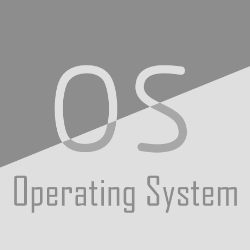Enclaves or Trusted Execution Environments are trusted-hardware primitives that make it possible to isolate and protect a sensitive program from an untrusted operating system. Unfortunately, almost all existing enclave platforms are vulnerable to microarchitectural side channels and transient execution attacks, and the one academic proposal that is not does not allow programs to interact with the outside world. We present Citadel, to our knowledge, the first enclave platform with microarchitectural isolation to run realistic secure programs on a speculative out-of-order multicore processor. We show how to leverage hardware/software co-design to enable shared memory between an enclave and an untrusted operating system while preventing speculative transmitters between the enclave and a potential adversary. We then evaluate our secure baseline and present further mechanisms to achieve reasonable performance for out-of-the-box programs. Our multicore processor runs on an FPGA and boots untrusted Linux from which users can securely launch and interact with enclaves. To demonstrate our platform capabilities, we run a private inference enclave that embed a small neural network trained on MNIST. A remote user can remotely attest the enclave integrity, perform key exchange and send encrypted input for secure evaluation. We open-source our end-to-end hardware and software infrastructure, hoping to spark more research and bridge the gap between conceptual proposals and FPGA prototypes.
翻译:暂无翻译




